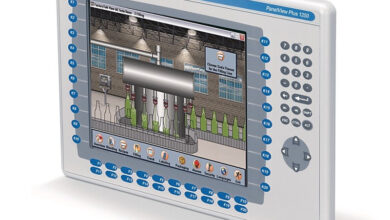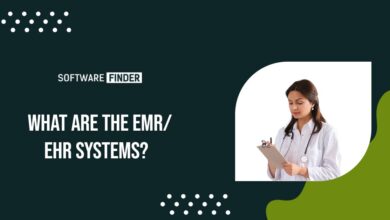The Impact of Clinical Management Systems on Healthcare Efficiency

Clinical management solutions have revolutionised the healthcare industry by streamlining processes, improving patient care and increasing efficiency. With the rise in technological advancements, they have become an essential tool for healthcare providers to deliver high-quality services while managing costs effectively.
In this guide, we’ll discuss the impact of clinical management systems on healthcare efficiency.
Introduction to Clinical Management Systems
As the name suggests, a clinical management system is a software system designed to manage various aspects of healthcare delivery, including but not limited to:
- Patient information
- Appointments
- Billing and invoicing
- Inventory management
Clinical management systems automate administrative tasks and simplify operations for healthcare providers, enabling them to focus on providing quality care to patients.
Improved Workflow Efficiency
With all patient information available in a centralised system, healthcare providers can access critical data and make informed decisions quickly. This results in faster diagnosis, treatment plans and medication administration, ultimately improving the overall quality of care.
Seamless Communication
Effective communication between healthcare providers is crucial for providing coordinated care to patients. Clinical management systems facilitate seamless communication between physicians, nurses and other staff members through a secure messaging system. This allows for timely exchange of information and reduces the risk of errors caused by miscommunication.
Enhanced Patient Experience
With a clinical management system in place, patients can expect a better experience during their healthcare journey. From online appointment scheduling to accessing medical records and receiving test results, they have more control over their healthcare experience. This not only improves patient satisfaction but also reduces waiting times, leading to more efficient use of resources.
Cost Savings
By automating administrative tasks and reducing paperwork, healthcare providers can save both time and money. The simplified processes also reduce the risk of errors and duplicate data entry, saving costs associated with rework.
Furthermore, using electronic health records (EHRs) reduces the need for physical storage space and paper-based documentation, resulting in significant cost savings.
Analytics and Reporting
Clinical management systems provide valuable insight into a healthcare organisation’s performance through analytics and reporting features. This allows providers to track key metrics such as patient wait times, appointment cancellations and staff productivity.
By analysing the said data, healthcare organisations can identify areas for improvement and implement strategies to optimise efficiency further.
Remote Access
The pandemic has highlighted the importance of remote access to healthcare services. Clinical management systems allow for virtual consultations and telehealth appointments, providing patients with convenient access to care from their homes. This not only improves accessibility but also reduces the need for in-person visits, saving time and resources.
Training and Education
Introducing a clinical management system within a healthcare organisation requires staff to be trained on its use. This provides an opportunity for healthcare providers to enhance their skills and knowledge, ultimately leading to improved efficiency in their work.
In addition, ongoing education and training are essential for keeping up with new updates and features of the system, ensuring optimal use for maximum impact.
Security and Privacy
Clinical management systems adhere to strict security and privacy regulations, ensuring patient information remains confidential. With robust data encryption and access control measures in place, healthcare providers can rest assured that sensitive patient data is secure from unauthorised access or breaches. This not only protects patients’ personal information but also maintains the trust between healthcare providers and their patients.
Final Word
Clearly, implementing a clinical management system can benefit both healthcare organisations and their patients. As technology continues to advance, it’s crucial for healthcare providers to embrace these systems and leverage their many benefits to deliver the best possible care to patients.



